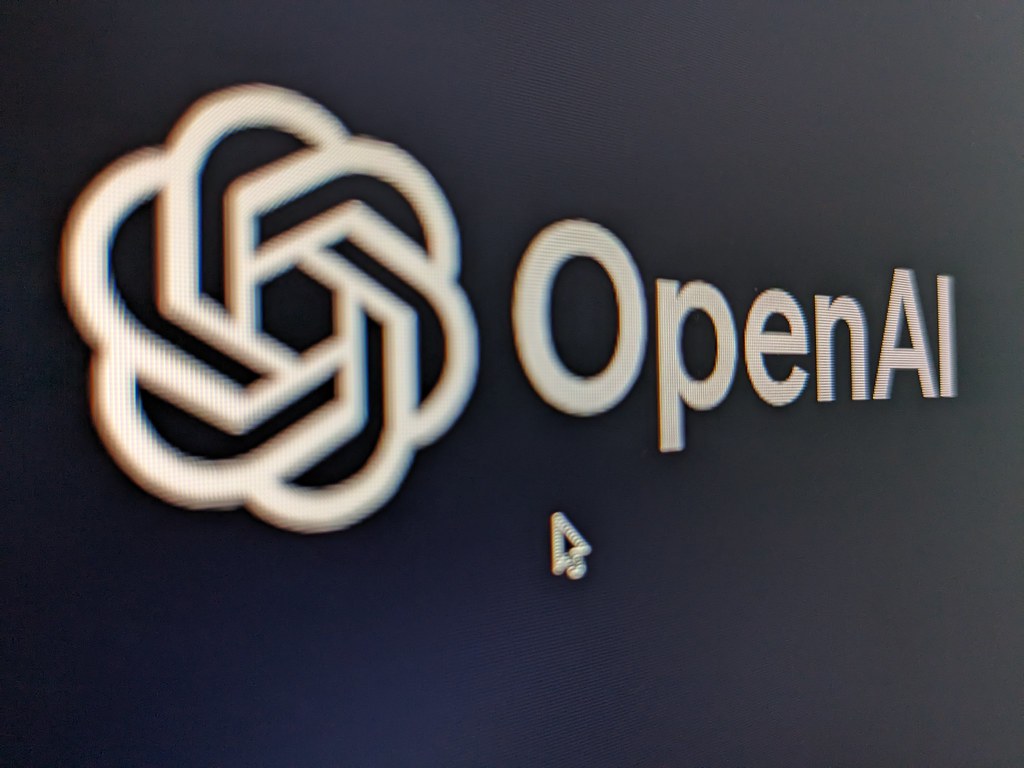Since the tumultuous departure and immediate return of Sam Altman, the company has been headed by an anemic board of three, of which one is ready to depart. When will the company open up to basic corporate oversight?
Last November, celebrity AI mogul and CEO of OpenAI was fired from the company, riling up the press and confusing pretty much everyone. What followed was a week-long controversy in which OpenAI employees demanded his return, the board of the company was replaced, and Altman was restored to his position atop the industry’s leading company. As part of his triumphant return, Altman’s OpenAI received a reconstituted corporate board of three (down from 6): former Salesforce CEO Brett Taylor, Quora founder Adam D’Angelo (the lone holdover), and former Treasury Secretary (and corporate stooge-for-hire) Larry Summers. Gone are the Altman critics (and, perhaps coincidentally, the women).
Since the reconstitution of OpenAI’s leadership, the company has changed its policy regarding military use of its products, attempted to expand its operations into chip development, and, most recently, released previews of its AI video generator. But despite all this work, OpenAI has failed to follow through on its promise to assemble a full board. This is an even greater issue given reports that Brett Taylor is looking to found a competitor to OpenAI, necessitating his departure from the board. This would leave just Summers and D’Angelo sitting atop the company, a remarkably small board to handle the governance of such a prominent company grappling with the ramifications of cutting-edge tech. This is particularly relevant in the case of Summers who has a bevy of other jobs, positions and board seats (and a record of working for companies lacking proper governance).
Even more concerning than a weak board, is the ace Altman has hidden up his sleeve: personal control over OpenAI’s venture capital fund. OpenAI’s $175 million fund was set up to allow the company to invest in other AI startups and is a crucial part of OpenAI’s position as a leader in the AI industry. The fund has invested in prominent AI video software and legal software, allowing Altman to have influence over more than just the software released by OpenAI itself. But crucially, new reporting has shown that the fund was set up under the personal ownership of Altman, with all of the funds being under his direct control. A spokesperson for the company told Axios that the structure was intended to be a temporary measure set up out of expediency rather than a desire for Altman to control the purse strings personally, but the fund’s control has reportedly been in Altman’s hands alone for over a year. Unlike FTX, to which Sam Bankman-Fried had to install a secret backdoor access in order for him to move FTX’s funds, Altman has direct personal control over OpenAI’s investment arm. This gives him massive leverage over any potential future disputes with the board, ensuring they remain nothing more than a well-credentialed facade to yet another tech firm with minimal corporate governance.
After the fiasco of FTX’s rise and fall as a result of almost complete personal control by Sam Bankman-Fried, it boggles the mind that the next big thing – AI – would fall victim to the same lack of corporate oversight. Afterall, Summers, one of the two seemingly permanent members of the board, doesn’t have a good track record of corporate oversight or even advising. With AI already having lax government oversight, it’s absurd that OpenAI is also evading basic corporate governance.
Who knows what may come as a result of Altman’s near-unchecked power over the industry-leading company? It’s not like we’ve seen a promising revolutionary tech genius abuse his near-total control over his companies before. Just because Sam Altman isn’t playing League of Legends during investor meetings doesn’t mean a lack of oversight is something that should be overlooked.

